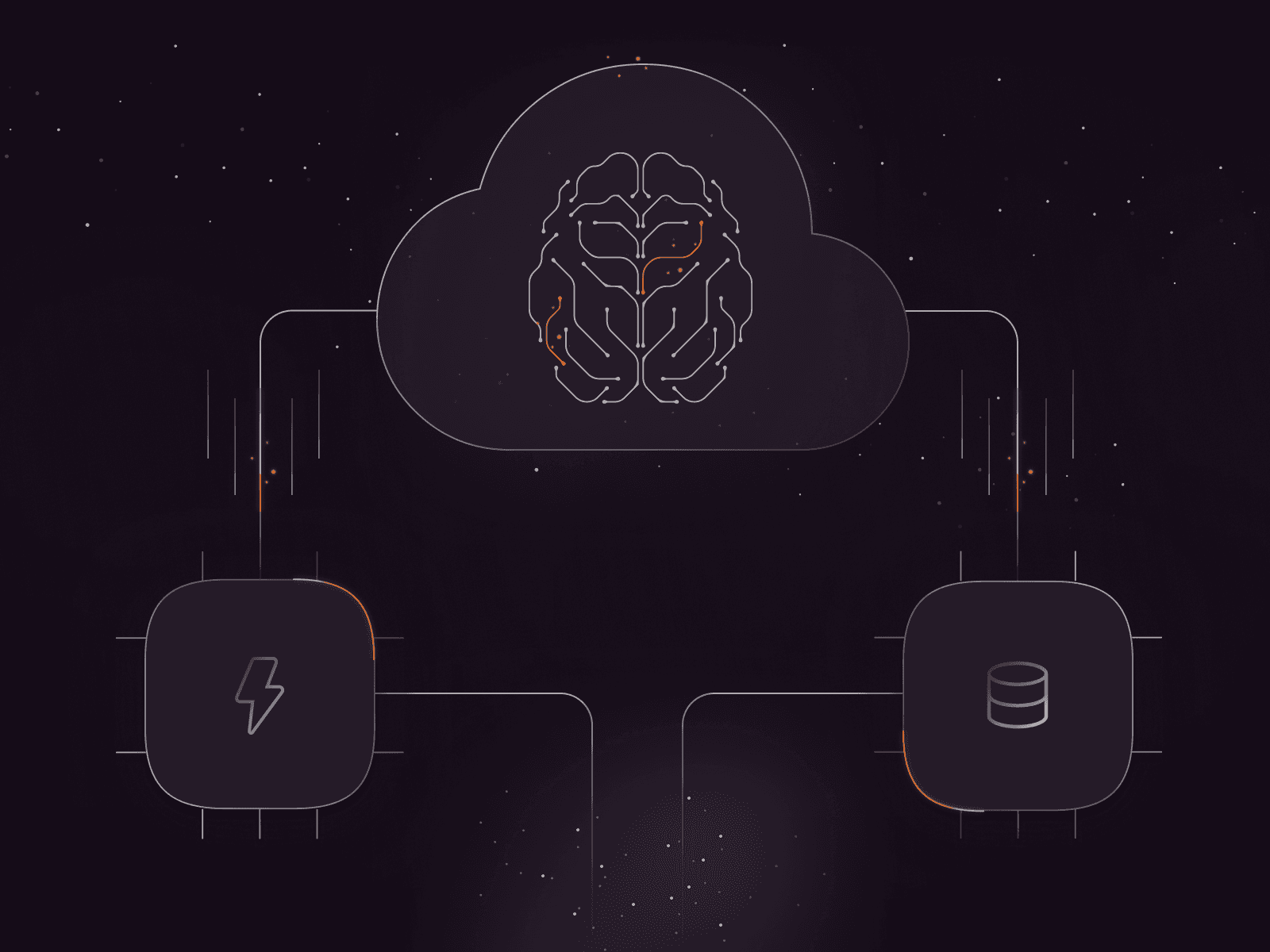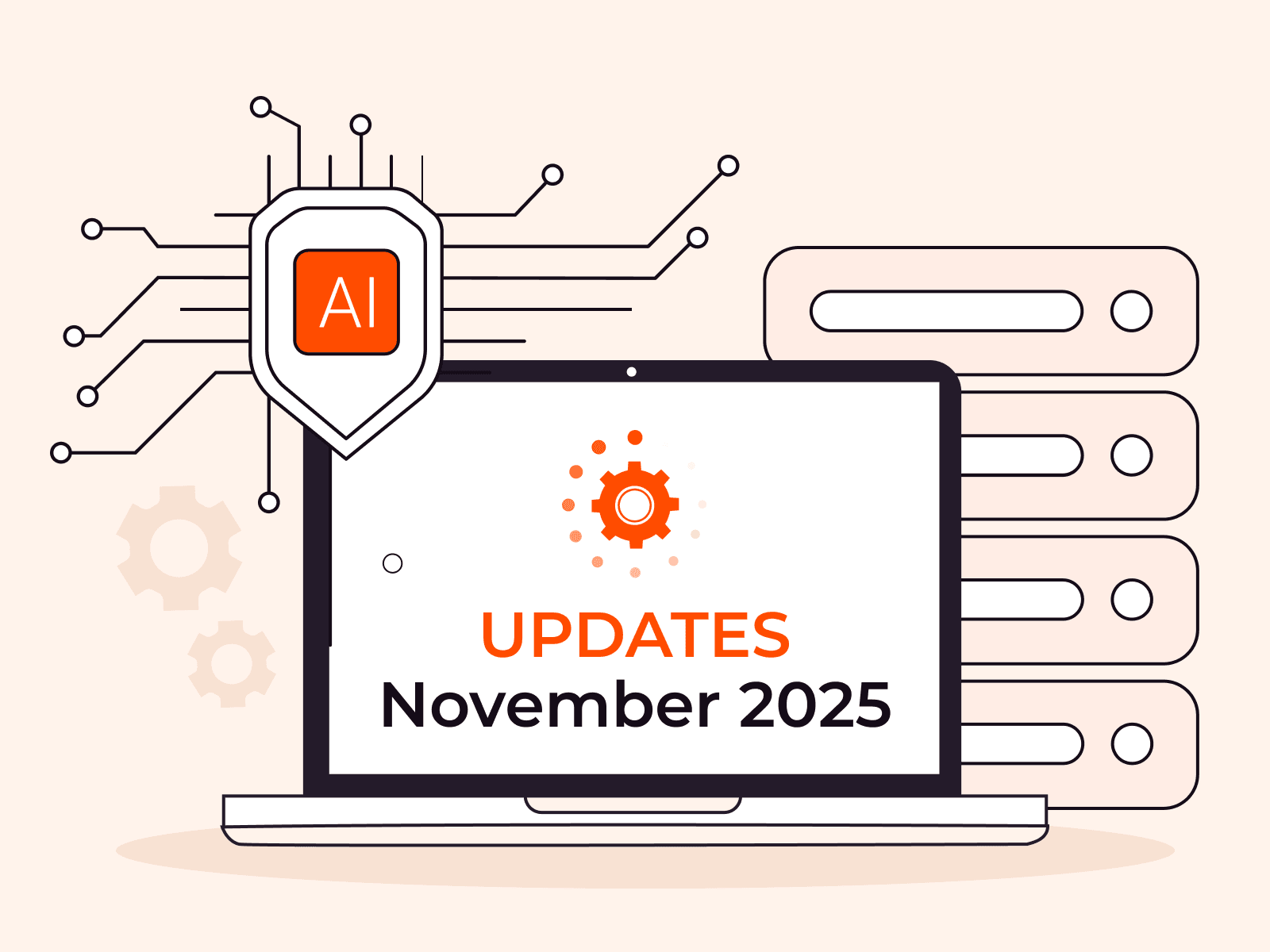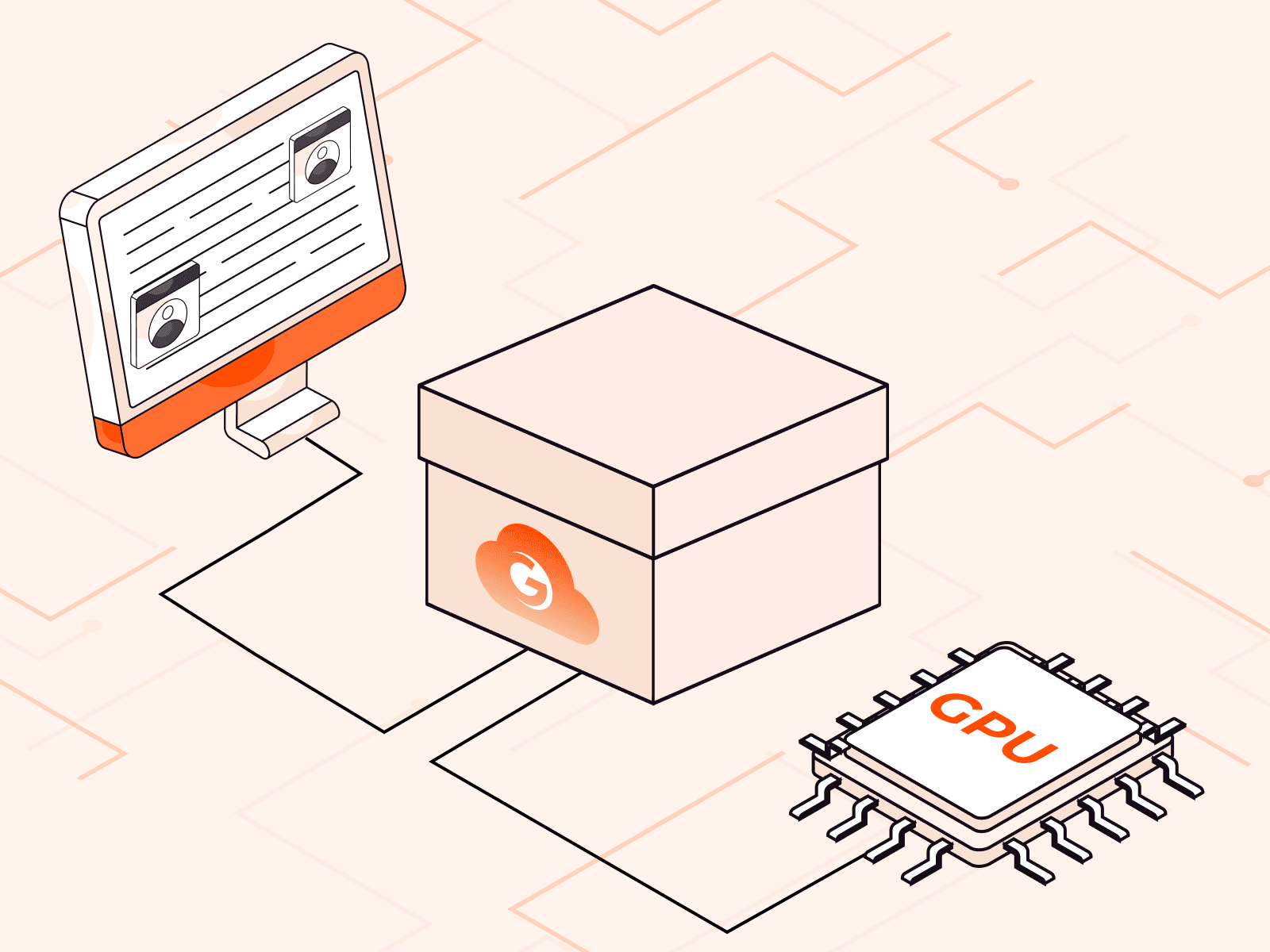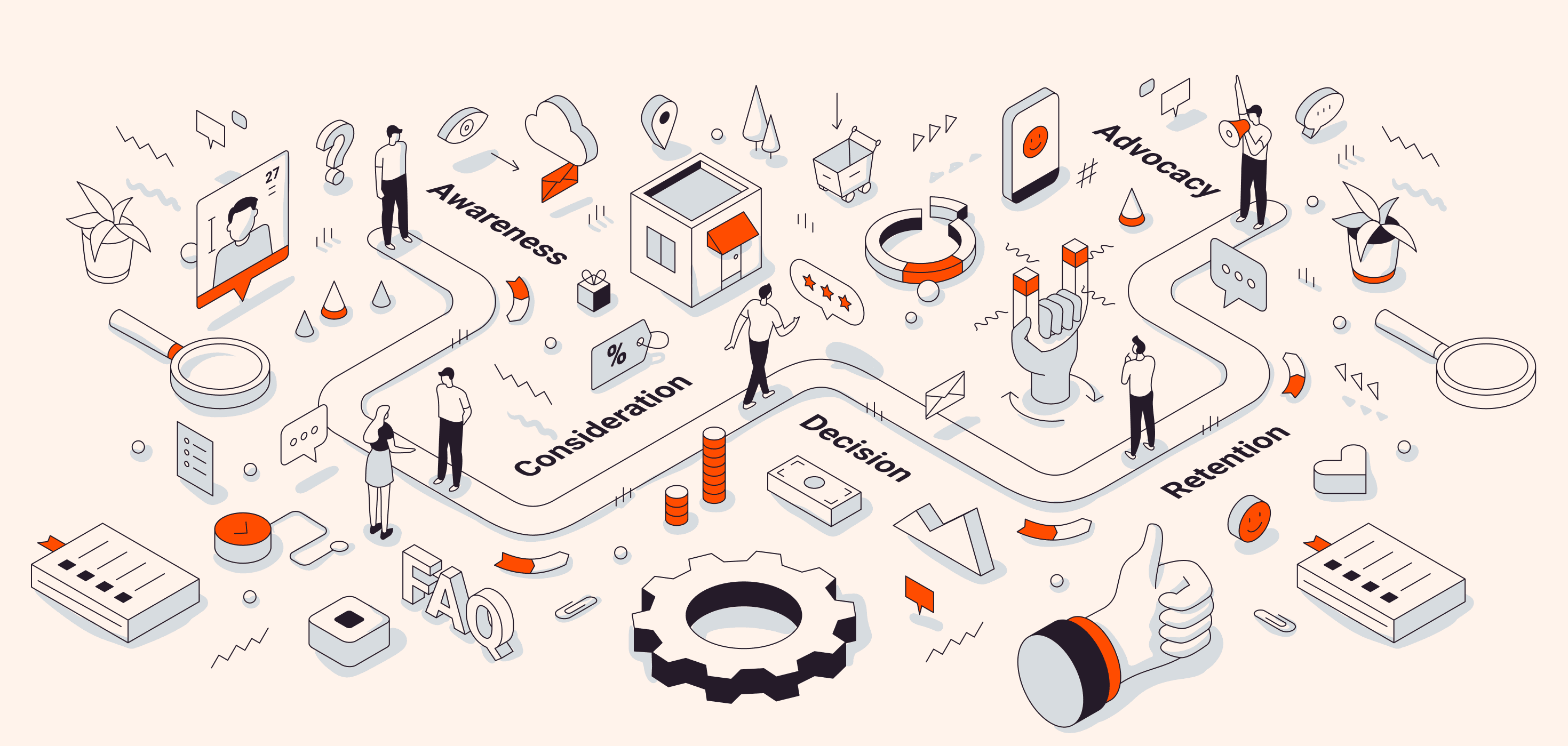How AI is transforming gaming experiences
- April 30, 2025
- 4 min read

AI is reshaping how games are played, built, and experienced. Although we are in a period of flux where the optimal combination of human and artificial intelligence is still being ironed out, the potential for AI to greatly enhance both gameplay and development is clear.
PlayStation CEO Hermen Hulst recently emphasized the importance of striking the right balance between the handcrafted human touch and the revolutionary advances that AI brings. AI will not replace the decades of design, storytelling, and craft laid down by humans—it will build on that foundation to unlock entirely new possibilities. In addition to an enhanced playing experience, AI is shaking up gaming aspects such as real-time analytics, player interactions, content generation, and security.
In this article, we explore three specific developments that are enriching gaming storyworlds, as well as the technology that’s bringing them to life and what the future might hold.
#1 Responsive NPC behavior and smarter opponents
AI is evolving to create more realistic, adaptive, and intelligent non-player characters (NPCs) that can react to individual player choices with greater depth and reasoning. The algorithms allow NPCs to respond dynamically to players’ decisions so they can adjust their strategies and behaviors in real time. This provides a more immersive and dynamic gameplay environment and means gamers have endless opportunities to experience new gaming adventures and write their own story every time.
A recent example is Red Dead Redemption 2, which enables players to interact with NPCs in the Wild West. Players were impressed by its complexity and the ability to interact with fellow cowboys and bar patrons. Although this is limited for now, eventually, it could become like a video game version of the TV series Westworld, in which visitors pay to interact with incredibly lifelike robots in a Wild West theme park.
AI also gives in-game opponents more “agency,” making them more reactive and challenging for players to defeat. This means smarter, more unpredictable enemies who provide a heightened level of achievement, novelty, and excitement for players.
For example, AI Limit, released in early 2025, is an action RPG incorporating AI-driven combat mechanics. While drawing comparisons to Soulslike games, the developers emphasize its unique features, including the Sync Rate system, which adds depth to combat interactions.
#2 AI-assisted matchmaking and player behavior predictions
AI-powered analytics can identify and predict player skill levels and playing styles, leading to more balanced and competitive matchmaking. A notable example is the implementation of advanced matchmaking systems in competitive games such as Apex Legends and Call of Duty: Modern Warfare III. These titles use AI algorithms to analyze not just skill levels but also playstyle preferences, weapon selections, and playing patterns to create matches optimized for player retention and satisfaction. The systems continuously learn from match outcomes to predict player behavior and create more balanced team compositions across different skill levels.
By analyzing a player’s past performance, AI can also create smarter team formations. This makes for fairer and more rewarding multiplayer games, as players are matched with others who complement their skill and strategy.
AI can monitor in-game interactions to detect and mitigate toxic behavior. This helps encourage positive social dynamics and foster a more collaborative and friendly online environment.
#3 Personalized gaming experiences
Multiplayer games can use AI to analyze player behavior in real time, adjusting difficulty levels and suggesting tailored missions, providing rich experiences unique to each player. This creates personalized, player-centric gameplay that evolves dynamically and can change over time as a player’s knowledge and ability improve.
Games like Minecraft and Skyrim already use AI to adjust difficulty and offer dynamic content, while Oasis represents a breakthrough as an AI-generated Minecraft-inspired world. The game uses generative AI to predict and render gameplay frames in real time, creating a uniquely responsive environment.
Beyond world generation, modern games are also incorporating AI chatbots that give players real-time coaching and personalized skill development tips.
How will AI continue to shape gaming?
In the future, AI will continue to impact not just the player experience but also the creation of games. We anticipate AI revolutionizing game development in the following areas:
- Procedural content generation: AI will create vast, dynamic worlds or generate storylines, allowing for more expansive and diverse game worlds than are currently available.
- Game testing: AI will simulate millions of player interactions to help developers find bugs and improve gameplay.
- Art and sound design: AI tools will be used to a greater extent than at present to create game art, music, and voiceovers.
How Gcore technology is powering AI gaming innovation
In terms of the technology behind the scenes, Gcore Inference brings AI models closer to players by deploying them at the edge, significantly reducing latency for training and inference. This powers dynamic features like adaptive NPC behavior, personalized gameplay, and predictive matchmaking without sacrificing performance.
Gcore technology differentiates itself with the following features:
- Supports all major frameworks, including PyTorch, TensorFlow, ONNX, and Hugging Face Transformers, making deploying your preferred model architecture easy.
- Offers multiple deployment modes, whether in the cloud, on-premise, or across our distributed edge network with 180+ global locations, allowing you to place inference wherever it delivers the best performance for your users.
- Delivers sub-50ms latency for inference workloads in most regions, even during peak gaming hours, thanks to our ultra-low-latency CDN and proximity to players.
- Scales horizontally, so studios can support millions of concurrent inferences for dynamic NPC behavior, matchmaking decisions, or in-game voice/chat moderation, without compromising gameplay speed.
- Keeps your models and training data private through confidential computing and data sovereignty controls, helping you meet compliance requirements across regions including Europe, LATAM, and MENA.
With a low-latency infrastructure that supports popular AI frameworks, Gcore Inference allows your studio to deploy custom models and deliver more immersive, responsive player experiences at scale. With our confidential computing solutions, you retain full control over your training assets—no data is shared, exposed, or compromised.
Deliver next-gen gaming with Gcore AI
AI continues to revolutionize industries, and gaming is no exception. The deployment of artificial intelligence can help make games even more exciting for players, as well as enabling developers to work smarter when creating new games.
At Gcore, AI is our core and gaming is our foundation. AI is seamlessly integrated into all our solutions with one goal in mind: to help grow your business. As AI continues to evolve rapidly, we're committed to staying at the cutting edge and changing with the future. Contact us today to discover how Inference can enhance your gaming offerings.
Related articles
Subscribe to our newsletter
Get the latest industry trends, exclusive insights, and Gcore updates delivered straight to your inbox.






